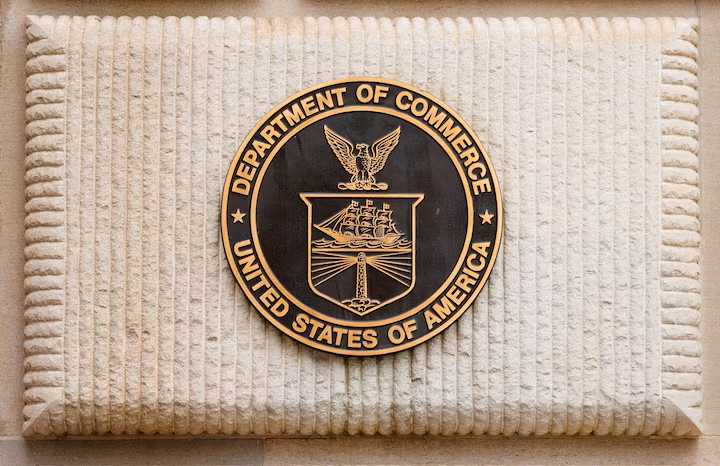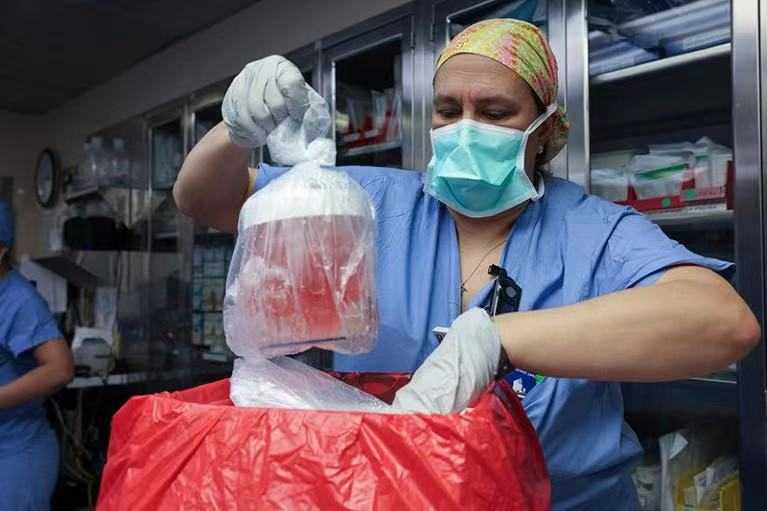
The U.S. Department of Commerce announced on July 14 that the Trump administration has initiated an investigation into imports of drones and polysilicon—a semiconductor material—to assess their impact on U.S. national security. The Section 232 probe, which began quietly on July 1 without public disclosure, could pave the way for higher tariffs on these imports.
Section 232 of the Trade Expansion Act allows such investigations to determine if imports threaten national security. The Commerce Secretary must submit findings to the president within 270 days; if a threat is confirmed, Trump could impose tariffs. This marks the latest move in U.S. efforts to scrutinize foreign imports in strategic sectors.
Notably, most commercial drones and polysilicon (a key photovoltaic material) imported by the U.S. come from China. The probe is widely seen as a potential new step in the U.S.-China trade standoff, giving Trump leverage in economic negotiations.
Polysilicon is critical for solar panel production, while drones are used in agriculture, infrastructure, and surveillance. Restricting imports could disrupt U.S. supply chains but aligns with Trump’s "America First" agenda to boost domestic manufacturing.
The investigation reflects broader U.S. concerns over reliance on foreign supplies in tech and renewable energy. While it may protect domestic industries, it risks retaliatory measures and higher costs for U.S. businesses, adding uncertainty to global trade dynamics.





